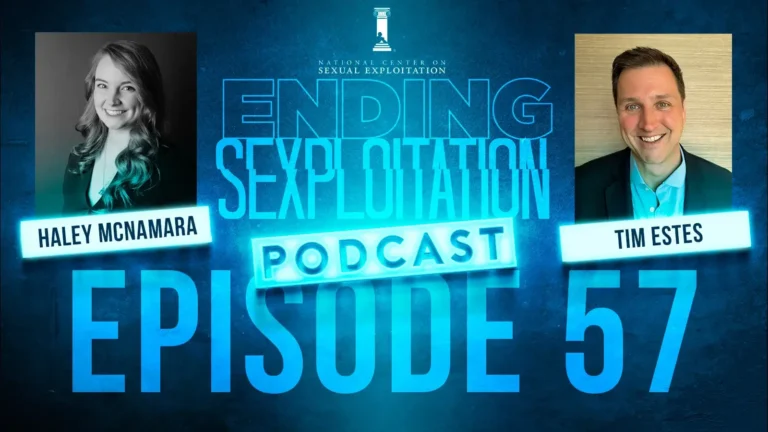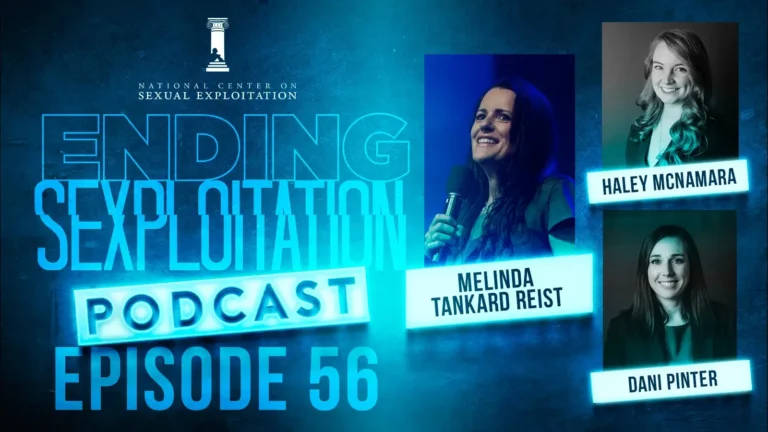Schools ought to be a safe place for children. Unfortunately, when it comes to sexual exploitation, there are problems lurking right under the surface of the technology our children have access to at school almost every day.
The idea of upgrading technological capabilities in schools and school libraries sounds great at face value. However, there are very few laws or rules in place to mandate making that technology as safe as possible for children. In fact, most schools in America do not have adequate filtering systems in place.
As such, it is incredibly easy for children to be exposed to pornography and other sexually exploitive content on school-provided devices such as laptops or iPads that have inadequate or non-existent filters. We at the National Center on Sexual Exploitation have had many parents reach out and share stories of the problems with porn and sexually explicit content they’ve encountered on school-provided devices such as Google Chromebooks. On top of that, even devices installed in school libraries are woefully underequipped (if at all) with filters to prevent children from accessing sexually exploitative content of all kinds.
As if that wasn’t enough to deal with, online school databases themselves have even been found to expose children to pornography and to content that promotes prostitution and other sexually risky and violent acts. As recently as Fall 2018, EBSCO Information Systems–the organization behind a massive research database used in schools across the country–was faced with a lawsuit from parents related to their involvement in providing sexually explicit material in their K-12 databases despite complaints from concerned parents and groups.
As scary as that all may sound, the situation is not hopeless. There are great opportunities for change and improvement and we believe we can help turn those opportunities into reality. Below are several action steps that you can take to help children and to advocate for better protective infrastructure in their schools.
- Talk to your children about pornography and sexually explicit material using these easy conversation starters
- Check your schools for adequate filters on school-owned-or-provided devices
- Alert your school to the sexually graphic content on their research databases by sending your Parent Teacher Association this letter from NCOSE
- Send an email to Congress asking them to hold apps and social media companies accountable for protecting kids
- Share your experiences with us by emailing public@ncose.com
Let’s say enough is enough and take a stand for the children!



